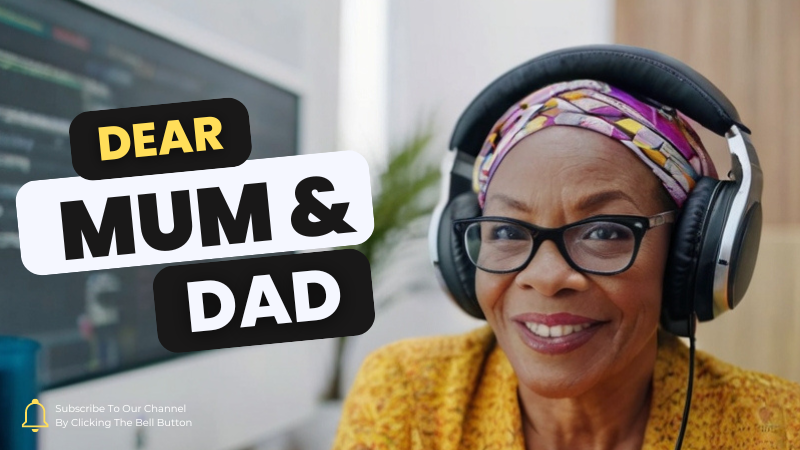Bias in educational settings remains a pressing issue, deeply impacting students’ mental health, academic performance, and overall well-being. Recent shifts in disciplinary practices often lead to unfair punishment without considering students’ perspectives. This article aims to highlight the pervasive problem of bias within schools, its implications on students, and the urgent need for reform.
Understanding Unfair Punishment
Unfair punishment has alarmingly become the norm in many high schools. Students often face excessive penalties without consideration for their circumstances or viewpoints, leading to severe emotional distress. This punitive culture fosters anxiety and stress, negatively affecting academic performance and personal relationships.
Key Issues:
- Excessive penalties
- Lack of transparency
- Ignoring student perspectives
- Creating a culture of fear
- Impact on mental health
The Role of Teachers
Teachers hold significant influence in shaping the educational experience. However, some misuse their authority, causing public embarrassment and humiliation to students. Such behavior can have lasting effects on students’ self-esteem and their willingness to engage in classroom activities. Public reprimands often lead to isolation and negative perceptions among peers, creating a fearful and anxious learning environment. Teachers must recognize the weight of their words and actions.
Public Embarrassment as a Weapon
Using public embarrassment to control students is harmful and counterproductive. Instead of fostering growth and learning, it stifles student engagement and breeds resentment. Students who experience public humiliation often dread returning to class, feeling isolated and seeing a decline in academic performance and personal relationships. Teachers should focus on constructive feedback rather than humiliation.
Ignoring Student Voices
A troubling aspect of the current educational system is the frequent dismissal of student voices. Many students feel their concerns and perspectives are ignored, leading to feelings of helplessness and frustration. When students attempt to speak up, they often face hostility or dismissal, creating an environment where they cannot express themselves, exacerbating anxiety and stress. Schools must prioritize creating a safe space for students to voice their concerns.
The Importance of Listening
Listening to students involves understanding their experiences and emotions. Teachers and school administrators must actively engage with students to better understand their perspectives.
Key Strategies:
- Encourage open dialogue
- Provide safe spaces for expression
- Validate student experiences
- Promote empathy among teachers
The Need for Transparency in Disciplinary Actions
Transparency in disciplinary actions is crucial. Decisions based solely on a teacher’s word can lead to unjust outcomes. Disciplinary committees must investigate incidents thoroughly and fairly. Teachers should not be above questioning, and if a student feels wronged, their concerns should be taken seriously, followed by a fair investigation. This approach builds trust and promotes accountability among educators.
Implementing Fair Disciplinary Systems
Schools must establish fair and open disciplinary systems that consider students’ perspectives. Clear guidelines for handling incidents and ensuring all parties can explain their side of the story are essential. Disciplinary committees should comprise diverse members to provide different perspectives, ensuring decisions are based on facts rather than biases or assumptions.
Impact on Student Relationships
The treatment of students in school directly impacts their relationships with peers and educators. Disrespect or unfair treatment can lead to a breakdown in trust and communication. Students who are embarrassed or punished unjustly may withdraw from social interactions, leading to further isolation. Schools must foster an environment where students feel valued and respected.
Building Positive Relationships
Positive relationships between students and teachers enhance the learning experience. Educators should focus on building rapport with students, leading to a more inclusive and supportive classroom environment.
Key Strategies:
- Encourage teamwork and collaboration
- Provide constructive feedback
- Celebrate student achievements
- Foster mutual respect
Conclusion: A Call for Change
The issues surrounding bias and unfair punishment in schools demand immediate attention. Creating a supportive learning environment where students can thrive without fear of humiliation or unfair treatment is essential. Educators must recognize the impact of their actions and strive for transparency and fairness in disciplinary measures. By listening to students and valuing their voices, schools can cultivate a culture of respect and understanding.
Ultimately, the goal is to empower students and help them navigate their educational journey positively. Change is possible, but it requires a collective effort from teachers, administrators, and students alike. Let us work together to create a school environment where every student feels safe, respected, and valued. Only then can we truly address the cruel truth about bias and its effects on our youth.

